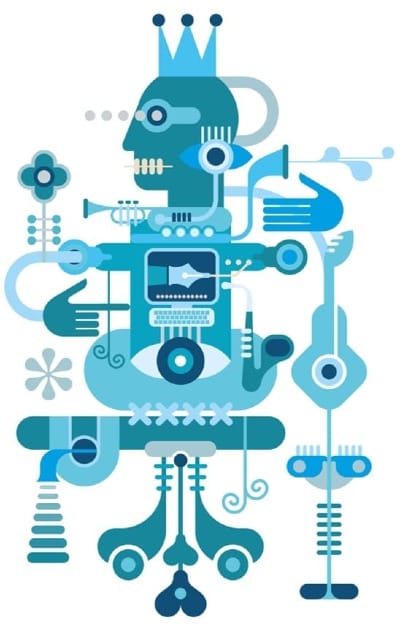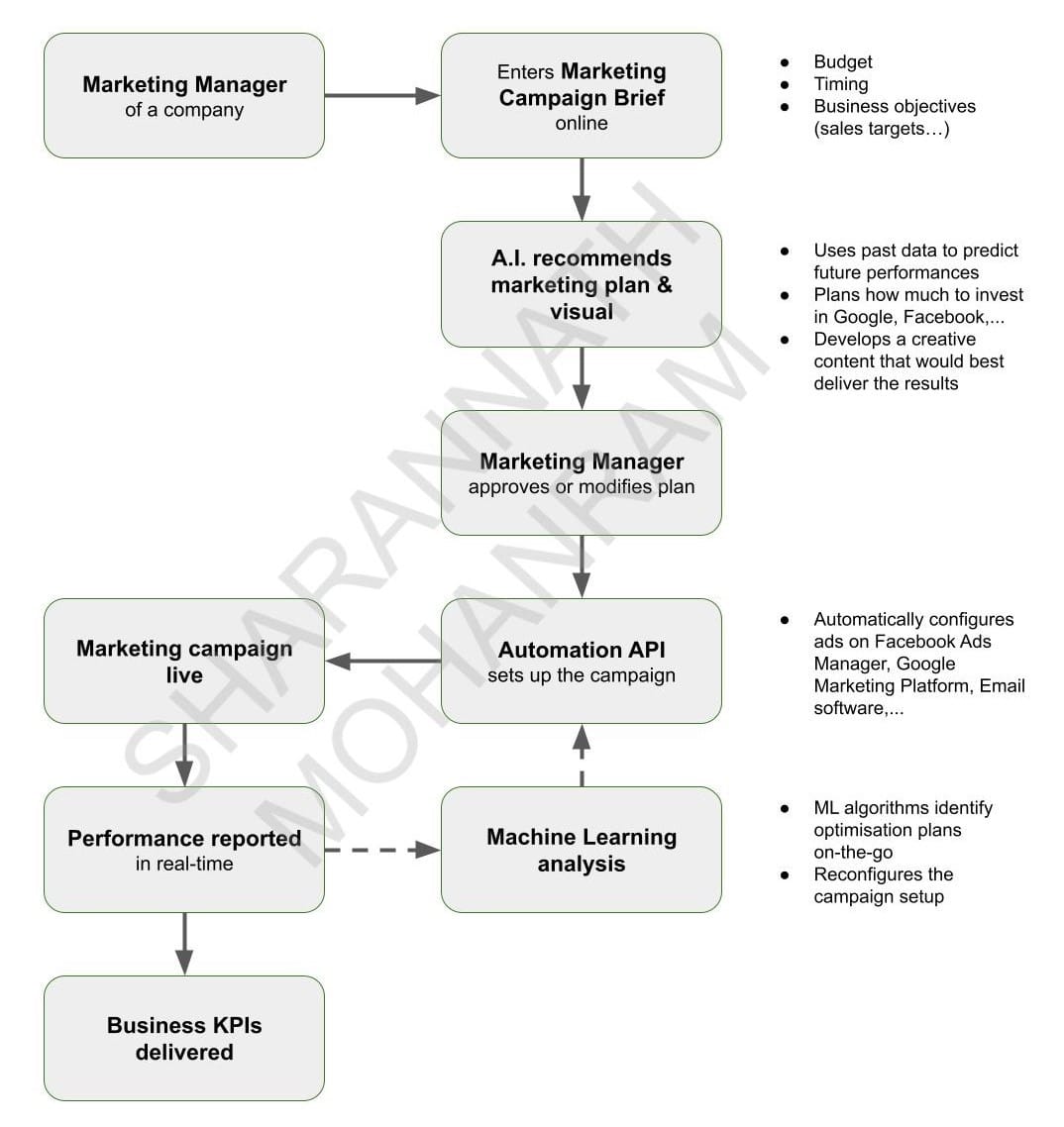Here's why agencies need to rethink their business model and why brands need to be ready for an A.I. transformation

Last year, I wrote about how data science is revolutionising marketing. In that article, I primarily spoke about the implications of data science applications such as Artificial Intelligence (A.I.), Machine Learning and many more on the “experience” aspects. These implications enhanced user experience across the spectrum from complex and highly engaging conversations with A.I. chatbots to simple and smart advertising through lookalike user targeting on Facebook and Google.
Today, I would like to focus on the impact of data science on business operations.
Brands and companies more than ever are leveraging data to drive real-time decisions with a certain level of predictive accuracy. This increasingly has consequences for service providers, specifically agencies who provide creative/visual content solutions, out-sourced marketing operations, business analytics, etc.

For example, a full-service digital marketing agency that provides marketing services to run Google, Facebook and Email marketing campaigns depend on their ability to deliver the best marketing campaigns possible for their clients. This involves the agency’s capability in identifying where and how to invest the marketing budget in order to maximise revenue for their client’s business objectives. These agencies employ marketing specialists who depend on their past experiences, human instincts (pattern recognition), creative thinking and analytical expertise to deliver the results for their clients. Today, there are already a few A.I. and Machine Learning systems that can predict where to invest and how to optimise the budget to maximise the return on investment (ROI) and business key performance indicators (KPIs). With these systems being able to compute unimaginable amounts of data almost instantaneously and predict the expected KPIs more accurately than humans do, would you still use the current services of the agencies?

Similarly, a creative and production agency, who provide content creation services for brands and companies depend on their ability to deliver the most artistically expressing, visually engaging and inspiring copywriting content. They are able to deliver this from their creative experiences, intuitive human senses and aspirational artisanal expertise. Now, imagine an A.I. system delivering a content material that would outperform the human-created content across many business KPIs. Here is an example of how it is done. How does this make you feel?
ou might wonder that these scenarios are a futuristic, mind-bending reality; an episode of “Black Mirror” brought to life. Unfortunately, this is already a present reality that some of us are living in.
The question that we must raise is how can businesses and agencies transform their business models and future proof themselves. Remember how Blockbuster never saw Netflix as a threat and how Uber nor traditional automakers nor even Google’s Waymo never saw Tesla as a competitor. Tesla has deployed electric vehicle (EV) self-driving cars that can completely disrupt multiple industries (for example via robo-taxis) while eating into other business models which is not directly linked to its core business.
So what must agencies do? How should they evolve in the world of data science applications which could pose a threat to their businesses?
1.Reassess their strengthens and talent pool
The competitive advantage through economies of scale such as large ad-ops or analyst teams is no longer unique selling propositions (USPs). Automation at scale today matters. The right talents and stakeholders guiding the firms through the transformation will be key to take their businesses into the future.
2. Strategy and consultancy as a service model
Thinking outside of the dataset fed to the A.I. and Machine Learning systems is a way to evolve, add value to clients and work side-by-side with A.I. platforms. X-as-a-service (XaaS) is a possibility.
3. Invest in data science company-wide
Without data, there is no future for any business. In addition, data competency cannot be just isolated in one team or department. This Harvard Business Review article explains why.
My last thoughts are for the brands and companies. There is a fundamental change in the way we operate and outsource certain operations to agencies. This shift is happening right under your feet. Similar to how agencies need to reassess their business models, brands and companies need to reorganise their business operations, reconfigure their teams and be the catalyst that drives this change. If there isn’t an in-house data strategy in the companies, they have already been left behind in the A.I. transformation.
In my next article, I shall share my thoughts and vision on how to deploy an organisation ready for an A.I.-led future. Stay tuned!
In the meantime, I had prepared the below flow chart as food for thought (something that I envisioned a few years ago). This chart highlights one of the daily operational functions in a company that could eventually become A.I. and automation-centric. It makes one wonder about the roles and responsibilities in the companies and in the agencies.

Please let me know what you think of the upcoming A.I. revolution and/or evolution!
Disclaimer: I’m aware that there are some skills and tasks managed by agencies today that cannot be challenged by an A.I. such as negotiations and artistic productions with a talent or model. However, remember that Tesla is on its way to deliver a level 5 autonomous vehicle which was absolutely not possible a few years ago. So, never say never.
Thanks to @Neil Patel for all the digital marketing posts and content. It has been interesting to learn especially about the engaging automation content you publish.
And, of course, thanks to all the partners that I work with on a daily basis to experience these changes happen in real-time.
